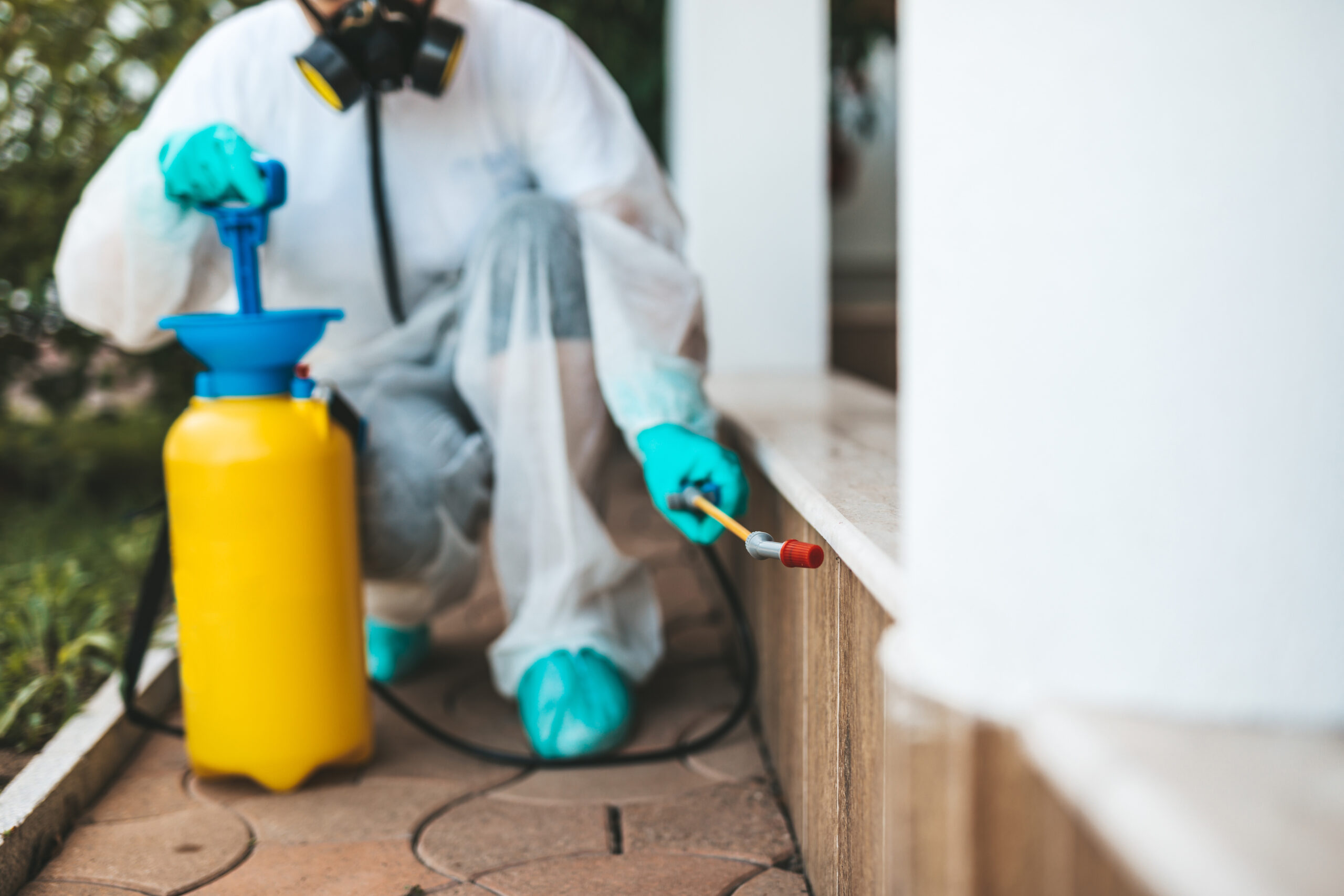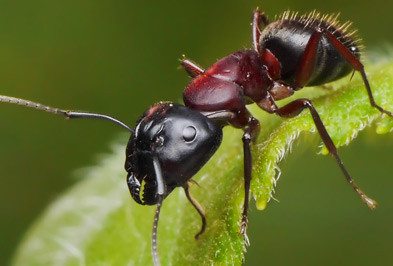Top-Rated Termite Control Services: Guarantee Long-Term Defense for Your Property
Top-Rated Termite Control Services: Guarantee Long-Term Defense for Your Property
Blog Article
Environmental Impact of Parasite Control: Harmonizing Efficiency With Sustainability
The ecological effect of parasite control is an essential problem that calls for a fragile equilibrium in between attaining performance in handling insects and making sure sustainability of our communities. As we strive to safeguard our plants, homes, and health from the dangers postured by bugs, the techniques we use can inadvertently harm the atmosphere. From making use of dangerous chemicals that permeate into our dirt and water to the unintended consequences on non-target varieties, the repercussions of traditional pest control techniques are far-ranging. However, there are arising methods that offer hope for a more sustainable method to pest management. These remedies not just objective to attend to the prompt pest troubles yet likewise think about the long-term health of our earth.
Unsafe Chemicals in Parasite Control
The application of damaging chemicals in parasite control positions significant ecological and wellness dangers that require cautious consideration and mitigation techniques. Herbicides, chemicals, and insecticides are typically used to remove pests, however their widespread application can lead to unintentional effects. These chemicals can infect soil, water sources, and the air, influencing not just the targeted parasites but additionally advantageous bugs, wildlife, and human beings.

To address these threats, integrated parasite management (IPM) methods are being promoted as a more sustainable choice. IPM involves a combination of techniques such as organic control, environment adjustment, and the targeted usage of pesticides as a last hotel (ant control stokesdale nc). By embracing an all natural method to pest control, we can reduce the environmental and health and wellness impacts connected with unsafe chemicals while effectively handling pest populations
Influence On Non-Target Species
Thinking about the unexpected consequences of insect control methods, the influence on non-target varieties is a critical element that calls for comprehensive examination. While bug control measures intend to target details bugs, various other microorganisms in the ecosystem may be accidentally affected. Non-target varieties, consisting of useful pests, birds, mammals, and even plants, can suffer direct or indirect harm from pesticide applications or biological control techniques.
Insecticides created to deal with a specific bug pest might harm pollinators like bees or natural killers such as ladybugs. Biological control agents, if not species-specific, can position risks to unintentional targets, disrupting the ecological balance.
To minimize the effect on non-target types, incorporated insect management (IPM) methods that highlight an alternative strategy to pest control are suggested. These methods focus on using environmentally friendly practices, lessening damage to advantageous organisms while effectively taking care of pest populaces. Carrying out thorough threat evaluations and keeping an eye on the end results of insect control efforts are important actions in safeguarding non-target varieties and advertising total ecological community health and wellness.
Dirt and Water Contamination
Unintended environmental consequences of insect control approaches expand past influencing non-target varieties, with significant ramifications for soil and water contamination - termite control. Pesticides, herbicides, and chemical plant foods utilized in bug control can leach right into the dirt and pollute groundwater, presenting a threat to both marine and terrestrial ecosystems.
Water contamination is another crucial problem connected with bug control techniques. Runoff from agricultural fields treated with chemicals can lug these chemicals right into neighboring water bodies, impacting marine organisms and water top quality. Contaminants in water sources can have far-ranging repercussions, influencing not only water life however additionally human wellness through the intake of polluted water or water microorganisms. To mitigate soil and water contamination from bug control activities, incorporated pest monitoring techniques that focus on sustainability and reduce chemical inputs are vital.
Air Pollution From Pesticide Usage
Direct exposure to airborne pesticides throughout farming applications positions a considerable issue for air contamination control measures. They can volatilize right into the air and kind volatile organic substances (VOCs) and other air-borne toxins when pesticides are splashed onto crops - termite control services. These chemicals can contribute to the development of ground-level ozone, a major element of smog that can have damaging impacts on human health, plant productivity, and total air high quality. In addition, pesticide drift, where chemicals are brought by the wind to unexpected areas, can cause the contamination of close-by communities and water bodies.

Approaches for Sustainable Parasite Control
In the realm of farming practices, applying sustainable bug control approaches is vital for maintaining ecological equilibrium and protecting plant returns. Sustainable bug control stresses making use of eco-friendly approaches to take care of insect populations effectively while reducing injury to non-target organisms and ecosystems. Integrated Parasite Monitoring (IPM) is an extensively adopted method that incorporates biological, social, physical, and chemical control methods to attain long-lasting parasite management remedies.
One trick approach in sustainable pest control is promoting biodiversity within agroecosystems. By boosting all-natural adversaries navigate to this website of pests, such as predators and parasitoids, farmers can minimize the demand for artificial pesticides. Plant rotation and diversification are also reliable methods to disrupt pest life cycles and produce much less positive conditions for parasites to thrive. Furthermore, utilizing pest-resistant crop ranges and utilizing techniques like trap cropping can aid decrease insect pressure without relying heavily on chemical treatments. Inevitably, by incorporating these lasting parasite control strategies, farmers can attain a balance in between pest administration efficiency and ecological stewardship.
Conclusion
To conclude, the ecological effect of pest control techniques have to be very carefully thought about to balance efficiency with sustainability. Damaging chemicals used in parasite control can lead to dirt and water contamination, air contamination, and harm non-target types - termite control. It is vital to apply lasting insect control techniques to lessen these adverse effects on the environment and advertise a healthier ecological community for future generations
By embracing an all natural method to pest control, we can reduce the environmental and health impacts connected with dangerous chemicals while effectively handling pest populaces.

To mitigate the air pollution triggered by chemical usage, it is essential to take on integrated insect monitoring strategies that prioritize the use of non-chemical bug control methods, such as crop rotation, natural predators, and immune crop selections. Lasting bug control emphasizes the usage of ecologically pleasant approaches to manage parasite populaces effectively while decreasing harm to non-target microorganisms and environments. Integrated Insect Monitoring (IPM) is an extensively adopted approach that combines biological, social, physical, and chemical control techniques to attain long-term pest management services.
Report this page